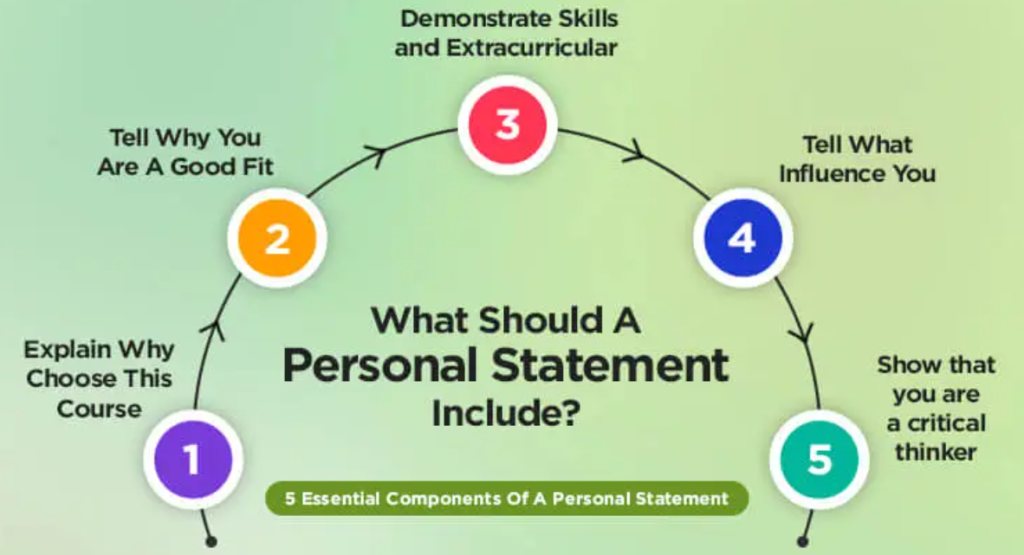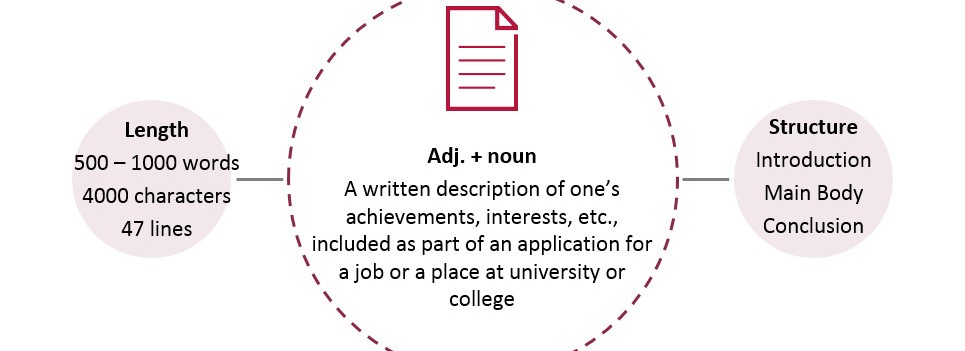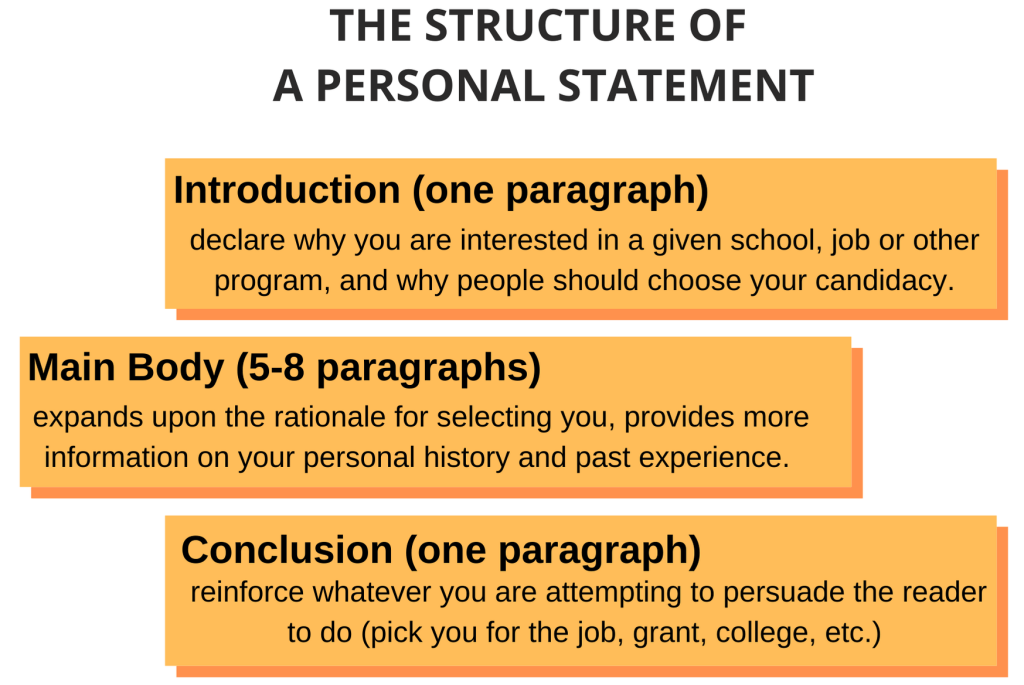
Table of Contents
The journey to becoming a nurse is paved with challenges and rewards. A crucial step in this journey is the nursing personal statement, a document that allows you to showcase your passion, skills, and commitment to the nursing profession. It’s your opportunity to tell your story and convince admissions committees that you are the ideal candidate for their program.
This comprehensive guide will walk you through the art of crafting a compelling nursing personal statement, covering everything from brainstorming to polishing your final draft for excellent results.
Understanding the Purpose of a Nursing Personal Statement
The nursing personal statement is more than just a list of accomplishments. It’s your voice, your story, and your unique perspective on why you are drawn to nursing. Admissions committees are looking for candidates who demonstrate:
- Passion and commitment: Why is nursing your chosen career path? What experiences have ignited your passion for caring for others?
- Empathy and compassion: How do you connect with patients on an emotional level? What makes you a compassionate caregiver?
- Critical thinking and problem-solving skills: Can you demonstrate your ability to think critically and solve complex problems in a healthcare setting?
- Teamwork and communication skills: Nursing requires collaboration and effective communication. How have you demonstrated these skills in previous experiences?
- Professionalism and ethical values: How do you uphold the ethical principles of the nursing profession?
A personal statement is a crucial part of many applications, such as college admissions, scholarships, and job applications. It allows you to showcase your personality, motivations, and experiences in a compelling way.
Crafting the Narrative: The Heart of Your Nursing Personal Statement
Think of your nursing personal statement as a story. It should have a clear beginning, middle, and end.

1. The Beginning: Captivating Introduction
The opening paragraph sets the tone for the rest of your statement. Grab the reader’s attention with a compelling anecdote, a personal reflection, or a powerful statement that encapsulates your passion for nursing.
- Example: “The faint smell of antiseptic, the rhythmic beeping of monitors, the gentle hum of conversation – these are the sounds and scents that have always drawn me to the world of medicine.”
2. The Middle: Exploring Your Journey
This section delves deeper into your motivations for pursuing nursing. Share specific experiences that have shaped your understanding of the profession.
- Example: “My volunteer work at a local hospice opened my eyes to the profound impact that compassionate care can have on patients facing end-of-life. Witnessing the dedication of nurses who provided comfort and support during their final days solidified my desire to follow in their footsteps.”
3. Highlighting Your Skills and Experiences
Use this opportunity to showcase your relevant skills and experiences, demonstrating how they translate to the demands of nursing. This could include:
- Academic achievements: Mention strong grades in science courses and any relevant research or volunteer work.
- Clinical experience: Describe experiences shadowing nurses, assisting with patient care, or participating in healthcare simulations.
- Leadership roles: Share examples of leadership positions you’ve held, demonstrating your ability to work effectively within teams.
- Personal qualities: Emphasize traits like empathy, compassion, communication skills, and your ability to handle pressure and difficult situations.
4. The End: Expressing Your Future Aspirations
Conclude your nursing personal statement with a strong closing that reaffirms your commitment to the nursing profession and outlines your future goals.
- Example: “I aspire to be a nurse who not only provides exceptional clinical care but also advocates for the well-being of my patients and their families. I am eager to contribute my knowledge, compassion, and dedication to the nursing profession and make a meaningful difference in the lives of others.”
Writing Tips for a Standout Nursing Personal Statement
- Be authentic and personal: Let your personality shine through. Write in your own voice and share experiences that are truly meaningful to you.
- Use concrete examples: Back up your claims with specific examples that illustrate your skills, experiences, and motivations.
- Proofread meticulously: Ensure your nursing personal statement is free of grammatical errors, typos, and inconsistencies. Have someone else proofread your work for a fresh perspective.
- Tailor your statement to each program: Research the specific values and priorities of each nursing program you are applying to and tailor your nursing personal statement accordingly.
- Highlight your unique qualities: What sets you apart from other applicants? Emphasize your unique strengths and experiences that demonstrate your passion for nursing.
- Demonstrate self-awareness: Reflect on your strengths and weaknesses. Be honest about your motivations and aspirations for pursuing nursing.
- Show your enthusiasm: Your passion for nursing should be evident throughout your statement. Let your excitement for this career path shine through.
- Keep it concise and focused: Your nursing personal statement should be clear, concise, and engaging. Avoid unnecessary jargon or overly complex language.
- Avoid clichés: Stay away from generic phrases like “I have always wanted to be a nurse” or “I love helping people.” Instead, strive for originality and depth in your writing.
Examples of Compelling Nursing Personal Statement Content
- A Challenging Experience: Reflect on a personal or professional experience that highlighted the importance of compassionate care and empathy.
- A Moment of Inspiration: Share a moment that sparked your interest in nursing, whether it was witnessing a nurse’s dedication or receiving care yourself.
- Your Unique Strengths: Highlight skills or experiences that set you apart, such as fluency in another language, prior experience in a healthcare setting, or leadership skills.
- Your Vision for the Future: Describe your future goals in nursing, whether it’s specializing in a particular area, becoming a nurse educator, or engaging in research.
Reviewing and Revising Your Nursing Personal Statement
After writing your first draft, it’s crucial to step back and critically evaluate your work.
- Ask yourself these questions:
- Does my nursing personal statement clearly articulate my reasons for pursuing nursing?
- Have I provided concrete examples to support my claims?
- Does my statement demonstrate my empathy, communication skills, and commitment to the nursing profession?
- Have I proofread my work for errors?
- Get feedback from others: Ask trusted friends, family members, or mentors to review your statement for clarity, flow, and impact.
Sample Nursing Personal Statement
My journey towards nursing began with a simple act of compassion. Witnessing my grandmother navigate a challenging illness ignited within me a profound desire to help others in their time of need. The unwavering dedication of her nurses, who treated her not just as a patient, but as a person, left an indelible mark on me. I realized that nursing wasn’t just a job, it was a calling.
I am drawn to the dynamic nature of nursing, where critical thinking, problem-solving, and empathy are paramount. I thrive in fast-paced environments where I can utilize my strong communication and interpersonal skills to build trust and provide holistic care. My experience volunteering at a local clinic has allowed me to witness firsthand the transformative power of human connection and the importance of patient advocacy.
I am committed to lifelong learning and am eager to acquire the knowledge and skills necessary to excel as a registered nurse. I am particularly interested in [mention a specific area of nursing you are interested in], and I believe my academic foundation in [mention relevant academic background] has provided me with a strong foundation to succeed in this field.
My passion for nursing stems from a deep desire to make a meaningful difference in the lives of others. I am confident that my dedication, compassion, and unwavering commitment to patient well-being will allow me to excel in this challenging and rewarding profession.

Avoiding Common Mistakes in Nursing Personal Statements
A strong nursing personal statement is crucial for standing out in the competitive admissions process. However, many applicants make common mistakes that can weaken their application. Here’s a breakdown of these pitfalls and how to avoid them:
1. Generic and Clichéd Statements:
- Mistake: Using phrases like “I’ve always wanted to be a nurse,” “I love helping people,” or “Nursing is my calling.” These statements are overused and lack originality.
- Solution: Instead of relying on clichés, share a specific anecdote or experience that ignited your passion for nursing. Show, don’t tell, your genuine desire to care for others.
2. Lack of Personal Connection:
- Mistake: Writing a generic nursing personal statement that could apply to any applicant.
- Solution: Make your nursing personal statement uniquely yours. Reflect on your personal experiences, motivations, and values that connect you to the nursing profession. Share what makes you stand out as a potential nurse.
3. Focusing Solely on Skills:
- Mistake: Listing your skills and achievements without connecting them to your passion for nursing.
- Solution: Use specific examples to demonstrate how your skills and experiences translate into a successful nursing career. Show how your academic achievements, clinical experience, leadership roles, and personal qualities have prepared you for the demands of the profession.
4. Overusing Technical Jargon:
- Mistake: Using complex medical terminology that may not be understood by the admissions committee.
- Solution: Use clear and concise language that everyone can understand. While mentioning technical knowledge is important, avoid overwhelming the reader with jargon.
5. Ignoring the Program’s Specific Values:
- Mistake: Failing to research the specific values, mission, and priorities of the nursing program you’re applying to.
- Solution: Thoroughly research each program’s website, brochures, and any available information about their curriculum, faculty, and patient care philosophy. Tailor your nursing personal statement to demonstrate your alignment with their values and goals.
6. Poorly Written and Edited:
- Mistake: Submitting a nursing personal statement with grammatical errors, typos, or poor formatting.
- Solution: Proofread your work carefully. Ask a trusted friend, family member, or mentor to review your nursing personal statement for any errors or areas for improvement.
7. Length and Structure:
- Mistake: Writing a nursing personal statement that is too long or too short, or lacking a clear structure.
- Solution: Follow the word count guidelines provided by each program. Structure your statement logically with an introduction, body paragraphs, and a conclusion. Include a clear narrative that flows smoothly.

8. Lack of Enthusiasm:
- Mistake: Writing in a bland or uninspired tone that fails to convey your passion for nursing.
- Solution: Let your enthusiasm for the profession shine through. Write with conviction and express your genuine desire to contribute to the field of nursing.
9. Plagiarism:
- Mistake: Copying or paraphrasing content from other sources without proper attribution.
- Solution: Always write your nursing personal statement in your own words. If you do use information from other sources, be sure to cite them correctly.
10. Lack of Reflection and Self-Awareness:
- Mistake: Failing to honestly reflect on your strengths and weaknesses as a potential nursing student.
- Solution: Take the time to assess your strengths, areas for growth, and how you can contribute to the nursing profession. Demonstrate self-awareness and your ability to learn and grow within the program.
By avoiding these common mistakes, you can craft a nursing personal statement that is compelling, authentic, and showcases your potential as a dedicated and compassionate future nurse.
Frequently Asked Questions about Nursing Personal Statements
1. What is a Nursing Personal Statement?
A nursing personal statement is an essay that allows you to showcase your passion for nursing, your relevant skills and experiences, and your future aspirations in the field. It’s your chance to stand out from other applicants and demonstrate why you’d be a valuable addition to the nursing program.
2. What should I include in my Nursing Personal Statement?
- Your passion for nursing: Explain what sparked your interest in nursing and why you’re drawn to this career path.
- Relevant experiences: Highlight your experiences that demonstrate your suitability for nursing, such as volunteer work, shadowing nurses, or personal experiences that shaped your desire to care for others.
- Skills and qualities: Showcase your soft skills like empathy, communication, teamwork, and critical thinking. You can also mention relevant technical skills you possess.
- Future aspirations: Briefly mention your long-term goals in nursing and how the program will help you achieve them.
- Why this program: Explain why you’re applying to this specific program and how it aligns with your goals.
3. How long should my Nursing Personal Statement be?
The length varies by program. Typically, it’s between 500-1000 words. Refer to the program’s guidelines for specific word limits.
4. What makes a good Nursing Personal Statement?
- Authenticity: Be genuine and write in your own voice.
- Specificity: Provide specific examples to illustrate your points.
- Clarity: Use clear and concise language.
- Structure: Organize your thoughts logically and use headings or subheadings if needed.
- Proofreading: Carefully proofread for grammar and spelling errors.
5. How can I stand out with my Nursing Personal Statement?
- Focus on your unique story: Share a compelling personal experience that shaped your passion for nursing.
- Show, don’t tell: Use specific examples to demonstrate your skills and qualities.
- Connect your experiences to your goals: Explain how your past experiences have prepared you for this career path.
- Be enthusiastic: Let your passion for nursing shine through.
6. When should I start writing my Nursing Personal Statement?
Start writing your personal statement as early as possible. This gives you ample time to brainstorm, draft, revise, and get feedback from others.
7. What if I don’t have much experience in healthcare?
Focus on other experiences that demonstrate your relevant skills, such as volunteer work, leadership roles, or overcoming challenges. Emphasize your transferable skills like communication, empathy, and problem-solving.
8. Who should I ask for feedback on my Nursing Personal Statement?
Seek feedback from trusted individuals like professors, mentors, friends, or family members who can provide constructive criticism and help you refine your writing.
9. Can I use the same Personal Statement for different programs?
While you can adapt your statement for different programs, it’s best to tailor it to each program’s specific requirements and focus on what makes that program unique.
10. How important is my Nursing Personal Statement?
Your personal statement is a crucial part of your application. It allows you to showcase your personality, motivations, and qualifications beyond your academic record. It’s your opportunity to make a lasting impression on the admissions committee and demonstrate why you’d be a valuable addition to the nursing program.
Finalizing Your Nursing Personal Statement
Your nursing personal statement should be a testament to your dedication to the profession, your ability to connect with patients, and your potential to become a successful nurse.

By following these guidelines, you can create a compelling and impactful nursing personal statement that will help you stand out from the competition and open doors to your dream nursing program. Remember, the key to writing a successful nursing personal statement is to be authentic, passionate, and dedicated to the profession. Your story has the power to make a difference.
Get Professional Help with a Nursing Personal Statement
Writing a compelling nursing personal statement can still be challenging even with the insights provided above. However, there is no reason to worry because at Nursing Papers, we can still help you to craft an original paper. Our service includes topic suggestion, paper writing, proofreading, editing, formatting and plagiarism removal. Apart from nursing personal statements, we also provide professional help with writing nursing research papers, PhD thesis, dissertations and case studies.







